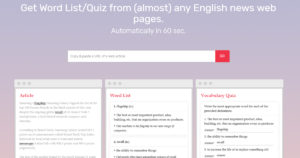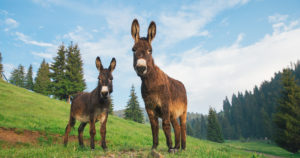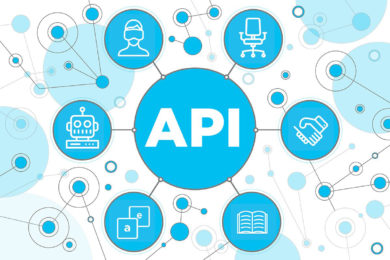Abracadabra! Fun things to do with the Wordlist endpoint
This post is not updated for v2, please see migration guide.
The Wordlist endpoint is one of our most-used endpoints, and it’s no surprise: its filters make it ideal for everything from language games to crossword solvers – and I’m sure it’s being used for many other things we haven’t even heard of yet.
The endpoint produces lists of up to 5,000 words or phrases, which can be filtered according to four different lexical categories:
- Lexical Category
- Domains
- Regions
- Registers
The results are given in alphabetical order, but you can also offset your results if you’re looking for words from later on in the alphabet. Let’s take a closer look at some of the different filters…
Lexical categories
Lexical categories are the major part of speech categories, including adjective, adverb, and noun.
One fun category is lexicalCategory=interjection, which gives a list of things you might say as exclamations (e.g. abracadabra, achoo, adieu). Another is lexicalCategory=idiomatic, which gives a list of phrases (e.g. all’s well that ends well, all aboard!, and all and sundry).
Domains
Domains are particular subject areas such as computing, music, or golf. There is a wide variety of domains in our English dictionaries, ranging from bell-ringing to bullfighting and railways to Roman history.
- domains=computing: abandonware, accelerator board, access provider,
- domains=music: absolute pitch, a cappella, acciaccatura,
- domains=golf: approach shot, back nine, backswing, etc.
Registers
The Register filter tells us the variety of language or level of usage of a word or sense. If you were looking for archaic language, for instance, registers=archaic would return abigail, accouchement, and accurse; if you searched for registers=euphemistic, you would return at peace, back passage, and to be economical with the truth.
This endpoint is also useful because it can filter vulgar slang and offensive words, which you may wish to exclude in certain contexts (such as if you were developing a family-friendly word game!).
Try it out: one exciting option in our English dictionaries is registers=rhyming_slang. This will give you apples and pears and Aristotle – what else can you find?
Regions
Region labels tell us the region in which a word or sense is used, and the region filter means you can target words to a specific location.
Currently, the Wordlist endpoint for English dictionaries offers both British and US English. If you filter for regions=British, you will get the word ‘colour’ but not ‘color’; if you filter for regions=US, you will get ‘color’ but not ‘colour’. This makes it possible to localize wordlist results for British or American users.
What’s available for each filter?
To find full lists of the categories available in each filter, use the Utility section of the API. Select the category you are interested in and then choose the dictionary you want.
For example, to get a list of lexical categories in our English dictionaries, choose the Utility endpoint get /lexicalcategories/{language} and select the language En. The endpoint will then reveal that the full list of English lexical categories is: adjective, adverb, combining form, conjunction, determiner, idiomatic, interjection, noun, numeral, other, particle, predeterminer, prefix, preposition, pronoun, residual, suffix, and verb.
The next step: combining filters
The Wordlist endpoint becomes even more interesting when we combine different filters.
You might want to combine filters of the same category. For example, if you search for words with both archaic and informal registers (registers=archaic,informal), you’ll find such interesting words as crack-jaw, cully, and dandiprat.
You might also want to combine words from different categories. For example:
- lexicalCategory=adverb; domains=music produces musical directions such as crescendo, diminuendo, and fugato.
- lexicalCategory=idiomatic; registers=ironic gives a selection of sarcastic phrases like bully for you!, hold the front page, and thanks a bunch.
And if all this puts you in need of an informal drink, lexicalCategory=noun; registers=informal; domains=drink will offer you such concoctions as brewski, firewater, and jungle juice.
- The opinions and other information contained in OxfordWords blog posts and comments do not necessarily reflect the opinions or positions of Oxford University Press.








Comments